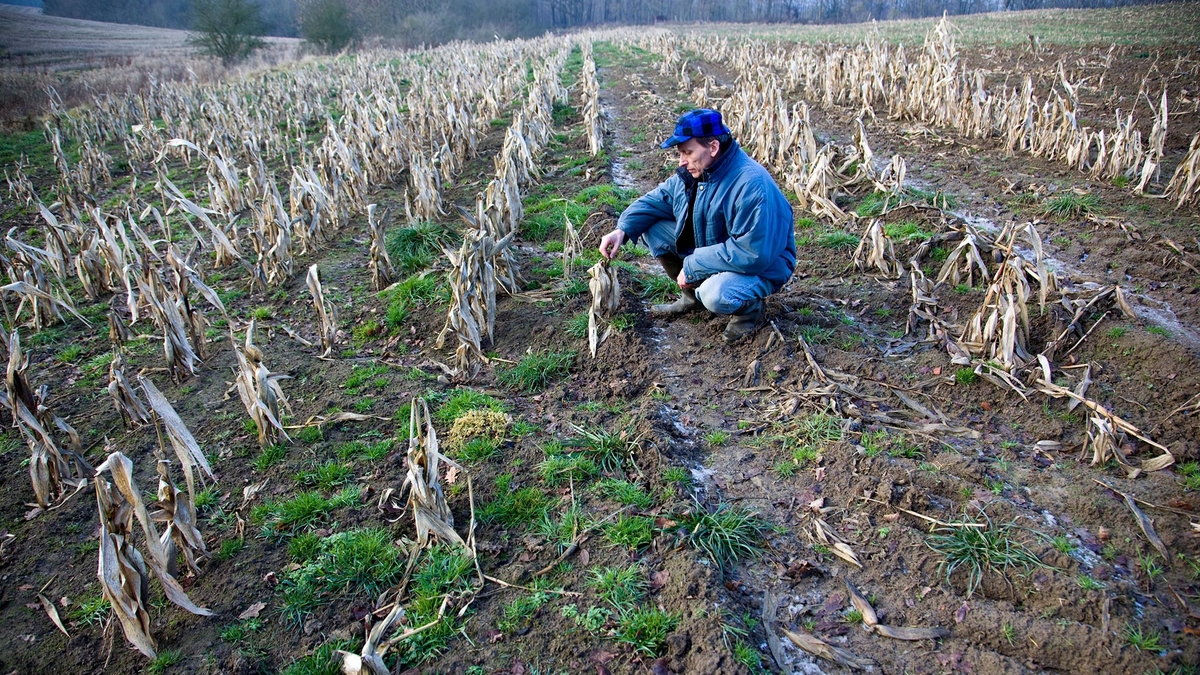
Our world is facing a significant challenge that, if left unaddressed, could have drastic consequences for global food security. This challenge is the critical shortage of potassium, a key nutrient required for plant growth. Currently, potassium deficiency is threatening global food production, with alarming implications for regions like east Asia, south-east Asia, Latin America, and sub-Saharan Africa. The depletion of potassium in agricultural soils is leading to smaller crop yields and unsustainable farming practices, sparking concern among scientists, farmers, and policymakers alike.
Scope of the Problem
According to research, approximately 20% of agricultural soils globally are severely deficient in potassium. This deficiency inhibits plant growth and reduces crop yields, posing a significant threat to food security. Furthermore, the price of potash, a potassium-rich fertilizer, has increased substantially, making it more difficult for farmers to access sufficient fertilizers. To compound the issue, potash production is concentrated in a mere twelve countries, raising concerns about supply disruptions and price volatility.
As highlighted in a report, the extraction of potassium in harvests is outpacing the addition of potassium in fertilizers, leading to an unsustainable phenomenon known as soil nutrient mining. This situation has led to price spikes in potash, with prices increasing by a staggering 500% in April 2022 alone. In 2021, global potash consumption reached 45 million tons, with production projected to rise to about 69 million tonnes in 2025.
Environmental and Human Rights Concerns
While the impact on food security is worrying, the environmental consequences of potash mining are equally concerning. This mining activity generates a significant amount of waste and has raised human rights concerns. Yet, the environmental impact of potash mining and its use in agriculture is not fully understood, and therefore, requires greater scrutiny. Currently, there are no national or international policies or regulations governing the sustainable management of soil potassium, further exacerbating the issue.
Solutions to the Potassium Deficiency Problem
Given the severity of the problem, researchers propose six targeted actions to address the potassium deficiency. These actions include reviewing current potassium stocks and flows, predicting price fluctuations, assisting farmers, evaluating environmental effects, developing a circular potassium economy, and promoting cooperation between governments.
A future United Nations environment assembly’s proposed resolution on potassium aims to drive intergovernmental action and achieve global biodiversity targets. Such measures are crucial to mitigating potential crop yield declines, safeguarding farmers from price volatility, and addressing environmental concerns.
Conclusion
The global potassium deficiency in agricultural soils is a pressing issue that demands immediate attention. If left unaddressed, it could severely undermine global food security and lead to environmental degradation. However, by adopting the proposed actions and fostering international cooperation, we can effectively manage this crisis and ensure a sustainable future for global agriculture.
